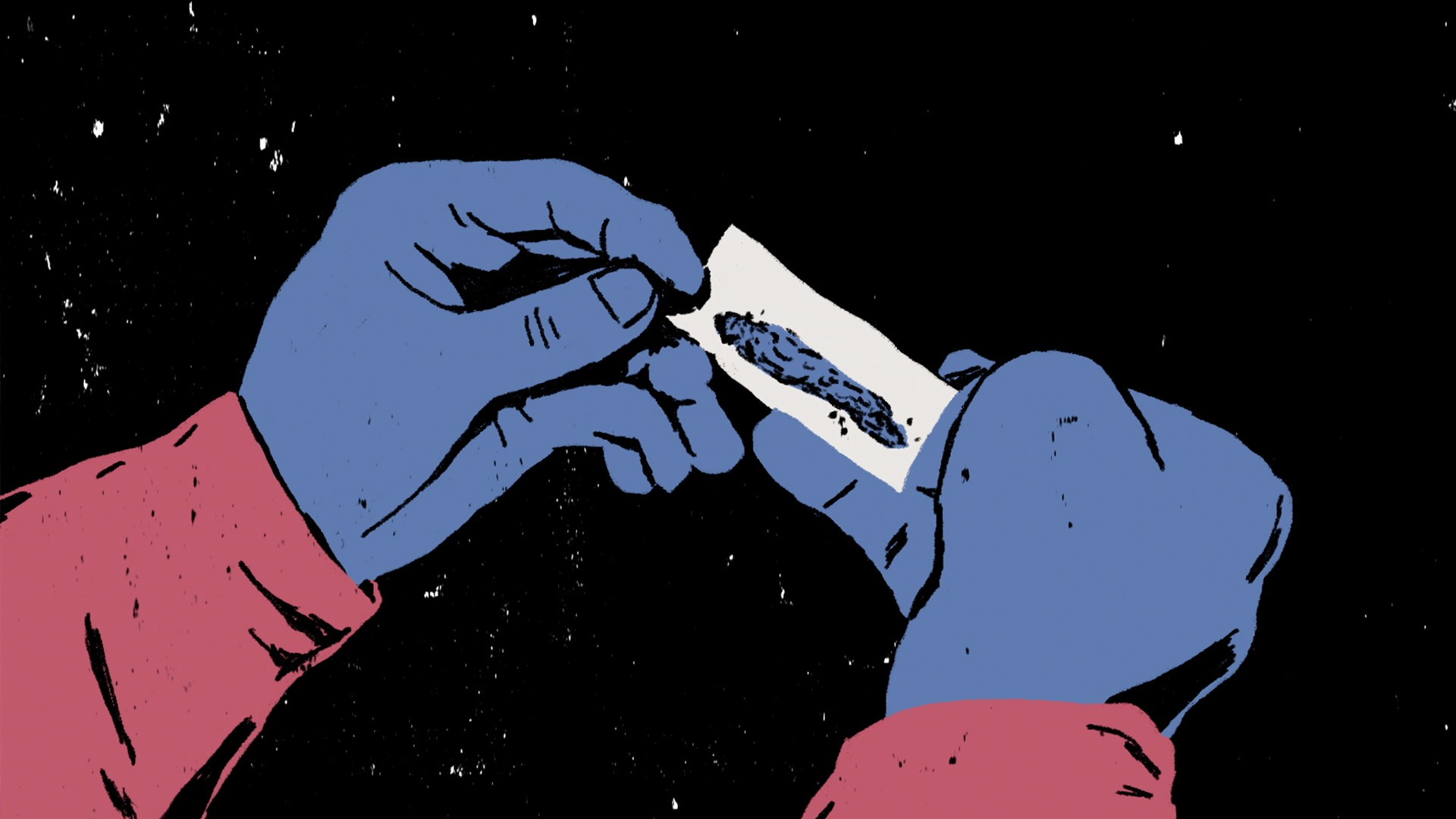Image via Facebook.
For years now, veterans have been engaged in a protracted fight with the government over the proper role of marijuana in treating the mental and physical pain borne by war. Veterans of many eras and ages have fought on the state and federal levels to shift policy and public opinion on medicinal marijuana.Take, for instance, the story of Army combat veteran Leo Bridgewater, who helped push his home state of New Jersey to allow for Post Traumatic Stress Disorder to qualify as an ailment allowing a medical marijuana prescription. “Whenever my rage button has been pushed and I can feel the PTSD coming up, one of the things that I’ll do is, I’ll definitely pull out my vape pen,” Bridgewater told the Huffington Post last year. “I can remove myself, pull out my vape pen and bring it down.”Ricardo Pereyda, a disabled veteran of the Iraq War, echoed Bridgewater’s statements in an interview with Healthline. “The pain, anger, mood swings, appetite, my sleep, all have been addressed by this one plant,” Pereyda told the publication. “I got my life back.”Many veterans advocates see marijuana as a relatively safe pain reliever that could help curb the scourge of opioid addiction inside the veterans community. (A 2011 report from the Department of Veterans Affairs found veterans were twice as likely to die from an opioid overdose compared to the general population.)
Check out more videos from VICE:
There has been limited research on the actual impacts and benefits of marijuana, much of which has indicated positive benefits of using cannabis to to treat myriad ailments, including war trauma. But this data is limited, and lacks the rigor and resources brought to a federal study.
Advertisement
"We see cannabis not as a gateway drug," former Navy Seal Nick Etten told CNBC. "We see it as an exit path off opiates."This fierce and compelling advocacy has pushed lawmakers of both parties in 23 states to allow veterans with PTSD to seek treatment with marijuana. And while federal marijuana reform has long remained elusive, there is a growing bipartisan consensus building in Washington that could soon mandate the federal study of marijuana’s medicinal benefits; a monumental policy shift that would have huge ramifications in the fight to legalize and regulate the leafy green substance.“The pain, anger, mood swings, appetite, my sleep, all have been addressed by this one plant. I got my life back.”
Check out more videos from VICE:

There has been limited research on the actual impacts and benefits of marijuana, much of which has indicated positive benefits of using cannabis to to treat myriad ailments, including war trauma. But this data is limited, and lacks the rigor and resources brought to a federal study.
Advertisement
The federal government has long banned agencies from intensively studying marijuana, which remains federally classified as Schedule 1, alongside heroin and LSD. Despite pleas from veterans across the country, the Department of Veterans Affairs (VA) actively opposes marijuana use among veterans, stating on its website that “controlled studies have not been conducted to evaluate the safety or effectiveness of medical marijuana for PTSD. Thus, there is no evidence at this time that marijuana is an effective treatment for PTSD.”The VA has, however, loosened its stance on marijuana in recent months, and more substantial reforms appear on the horizon.In December 2017, the VA shifted its policies on the drug and doctors are now encouraged to “discuss with the veteran marijuana use, due to its clinical relevance to patient care.” However, the policy provided for little else. VA doctors still can’t prescribe marijuana to veterans, even in states that allow it, and federal healthcare programs writ-large still won’t pay a cent to subsidize a marijuana prescription, which can be quite costly."We see cannabis not as a gateway drug. We see it as an exit path off opiates."
The effort to open up marijuana as a viable medicine for veterans has been greatly complicated in the Trump administration. Attorney General Jeff Sessions is a staunch opponent to marijuana legalization in any form. Former Veterans Affairs Secretary David Shulkin gave mixed signals on the issue before being fired by President Trump in March. The president’s former controversial nominee to run the VA -- White House physician Dr. Ronny Jackson -- has given no public statement on the idea of medical marijuana as an alternative treatment for those who served.“While we know cannabis can have life-saving effects on veterans suffering from chronic pain or PTSD, there has been a severe lack of research studying the full effect of medicinal cannabis on these veterans."
With the White House doing little to move the issue forward, the arena for change now appears likely to be the states and, perhaps, congress. On April 16, a bipartisan group of lawmakers in the House introduced the VA Medicinal Cannabis Research Act which, if passed, would require the federal government to deeply explore the potential benefits of medicinal marijuana for all manner of maladies. The legislation is being backed by powerful veterans’ service organizations, including the American Legion and the VFW. A survey commissioned by the Legion in November found 81 percent of veterans polled support the federal legalization of marijuana.“While we know cannabis can have life-saving effects on veterans suffering from chronic pain or PTSD, there has been a severe lack of research studying the full effect of medicinal cannabis on these veterans,” said Rep. Tim Walz, a Minnesota Democrat who introduced the bill along with Republican Phil Roe of Tennessee. In a matter of days, the bill has already attracted 39 co-sponsors.See if your congress member supports the bill. You can also check to see if your state allows veterans to seek treatment for PTSD with marijuana.
